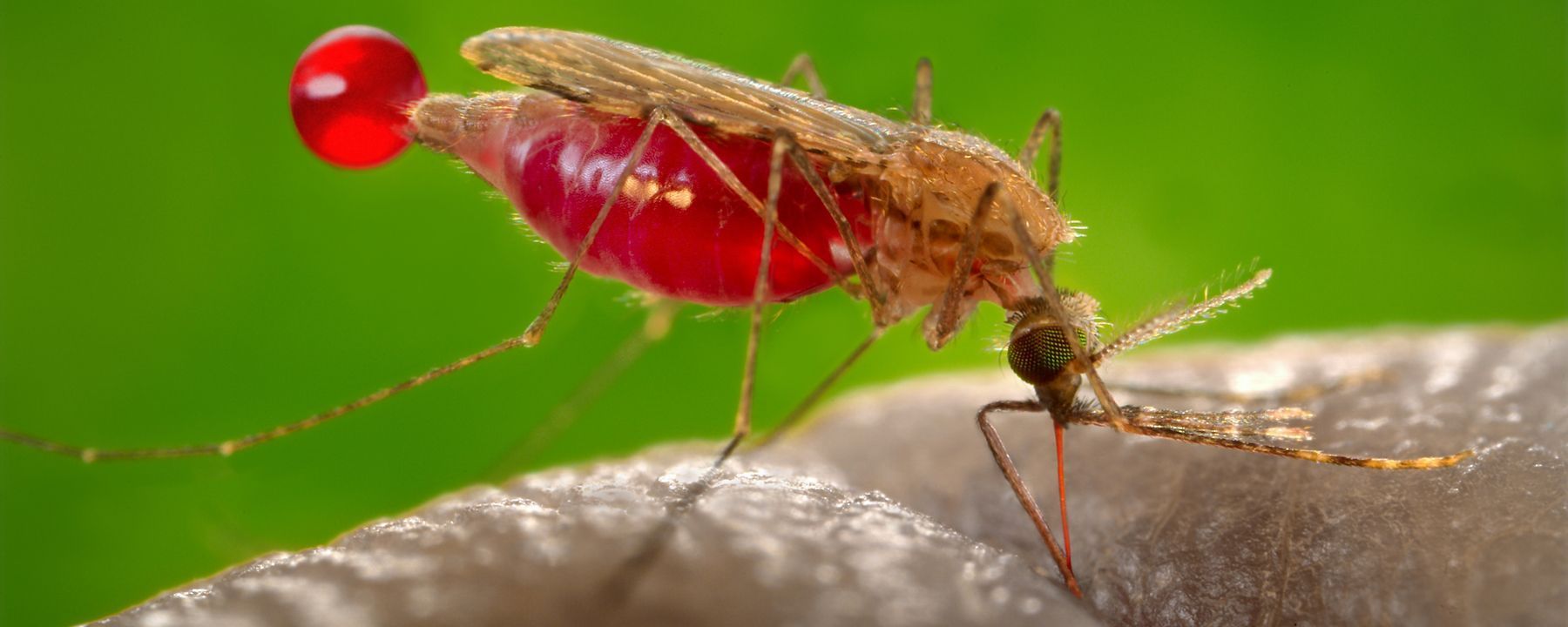Thursday, October 11, 2018
Study: Gene Drive Wipes Out Lab Mosquitos
The article “Study: Gene Drive Wipes Out Lab Mosquitos” discussed a gene drive that completely wiped out a population of malaria-carrying mosquitos in a lab. A gene drive is a genetic component that ensures its own inheritance. In this study, the gene drive led to the self-destruction of the mosquito population. This is big news and will hopefully lead to more discoveries in combatting malaria in the future. This breakthrough proves that gene drive can work and holds promise that we will be able to fight this horrible disease. The team that performed the study targeted a region of the gene called doublesex. This gene is responsible for the development of female mosquitos. Female Anopheles mosquitos that contain two copies of the doublesex gene are unable to produce eggs and after 8 generations of breeding, the gene drive made its way throughout the entire generation and no eggs were being laid.
This is an awesome development, but this gene drive would likely not work well in the wild due to a resistance likely forming. Some scientist involved in the study believe that the gene drive, although not completely resistance, is very promising to combat malaria-carrying mosquitos in the wild. The scientist say it will be another 5-10 years of studies and testing before that release any mosquitos containing the gene drive into the wild. First before that happens, they will need test the gene drive in mosquitos in much larger containers where the mosquitos can act more naturally to what they would be like in the wild. Although there is still plenty more test to be done, this is a big achievement in the genetics community that will hopefully help to save many lives in the future. If we could prevent malaria-carrying mosquitos from laying eggs in the wild, we will be able to gradually stop the spread of the disease. This research can be used to continue our understanding of gene drive and how we can use it for the good of mankind.
Labels:
"doublesex gene",
"gene drive"
Subscribe to:
Post Comments (Atom)

No comments:
Post a Comment